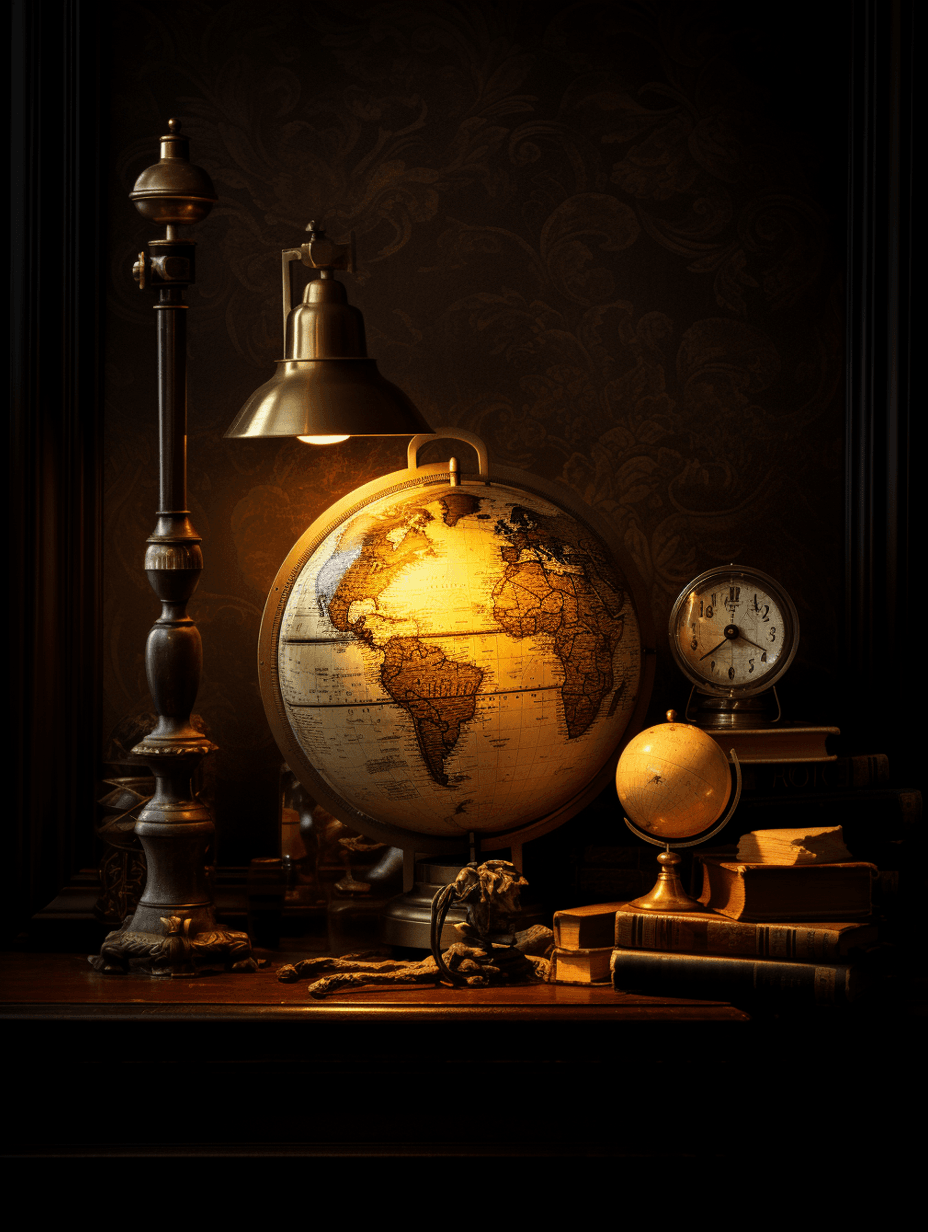Economy
The economy refers to the system of production, distribution, and consumption of goods and services within a society or geographical area. It encompasses various sectors, including agriculture, manufacturing, and services, and is driven by both public and private enterprises. The study of economic systems and their functioning is known as economics, a social science that seeks to understand the allocation of resources to meet human needs and desires.
History
Ancient Economies
The concept of an economy has existed since ancient times, where barter systems were prevalent, and goods were exchanged directly. The invention of money facilitated more complex transactions and led to the development of markets.
Industrial Revolution
The Industrial Revolution in the 18th and 19th centuries marked a significant turning point, transforming agrarian economies into industrial powerhouses. This period saw the rise of factories, mechanization, and mass production.
Modern Economies
The 20th and 21st centuries have seen the emergence of global economies, characterized by international trade, digital technology, and complex financial systems.
Types of Economies
Traditional Economies
These are often based on hunting, fishing, and agriculture. Traditional economies are generally found in rural regions and are driven by community needs.
Market Economies
In a market economy, decisions about production and consumption are driven by individuals or corporations in a free market.
Command Economies
Here, the government makes all decisions about what goods and services are produced, how they are produced, and who gets to consume them.
Mixed Economies
Most modern economies are mixed, featuring elements of both market and command economies.

Key Concepts
Supply and Demand
This fundamental concept describes the relationship between the availability of a particular good and the desire for that good within a market.
Inflation and Deflation
Inflation is the rate at which the general level of prices for goods and services rises, while deflation is the decrease in the general price level.
Gross Domestic Product (GDP)
GDP is a measure of the economic performance of a country, calculated by the value of all finished goods and services produced within its borders.
Global Economy
The global economy refers to the interconnected economies of the world's countries, influenced by international trade, investment, and information technology.
Challenges and Future Outlook
Economic systems today face various challenges, including income inequality, environmental degradation, and geopolitical tensions. The future of economies is increasingly influenced by technological advancements, such as automation and artificial intelligence, which have the potential to significantly alter labor markets and resource allocation.
